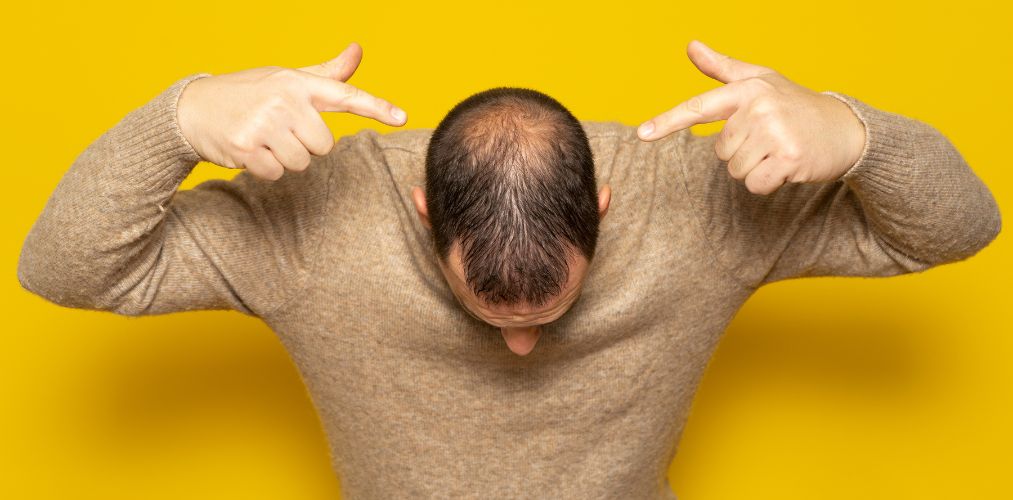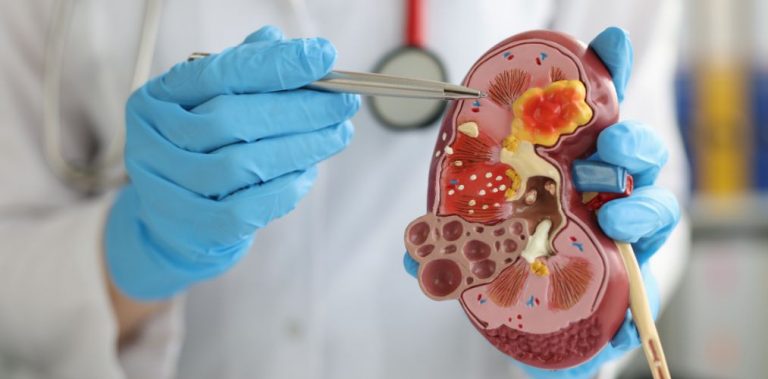Managing Hair Loss
Alopecia areata is a damaging disease that causes hair loss, something that negatively affects many individuals. This is why, in this article, we'll explore the best and worst foods and drinks for alopecia areata and discuss the condition's nature and symptoms. We will also look at a treatment option, LITFULO, a once-daily prescription pill that helps people with severe alopecia areata. Let's get started.
Best Foods for Alopecia Areata
- Lean proteins. Chicken, turkey and fish are excellent sources of lean protein, which is vital for hair growth.
- Fruits. Berries, citrus fruits and avocados are rich in vitamins and antioxidants that support hair health.
- Vegetables. Leafy greens, carrots and sweet potatoes provide essential nutrients for hair growth.
- Nuts and seeds. Almonds, walnuts and flaxseeds offer healthy fats and essential nutrients.
- Whole grains. Opt for whole grains like quinoa and brown rice, which provide a steady supply of energy.
Worst Foods for Alopecia Areata (Hair Loss)
- Processed foods. Highly processed foods often contain trans fats, refined sugars and preservatives, which can contribute to inflammation.
- Fried foods. Deep-fried foods can be high in unhealthy fats and promote inflammation in the body.
- Excessive salt. A diet high in salt can lead to high blood pressure and potentially exacerbate autoimmune responses.
- Sugary snacks. Sweets and desserts can spike blood sugar levels, which may trigger or worsen alopecia areata.
- Gluten. Some individuals with alopecia find relief in a gluten-free diet. Gluten can lead to gut inflammation, which is often associated with autoimmune conditions.
What is Alopecia Areata?
Alopecia areata is an autoimmune condition in which the immune system mistakenly attacks hair follicles, leading to hair loss. This condition can affect individuals of all ages and genders. It is not caused by poor diet or lifestyle choices but rather by a complex interplay of genetic and environmental factors.
Common Signs and Symptoms
Here are some common signs of alopecia areata.
- Sudden hair loss in round or oval patches.
- Hair loss on the scalp, eyebrows, eyelashes and other body areas.
- Nails may show pitting or other abnormalities.
- Regrowth of hair in affected areas is possible but unpredictable.
Treatments for Alopecia Areata
Treatment for alopecia areata depends on the severity of the condition. Here are some commonly used treatment options.
- Corticosteroids: These can be administered topically or via injections to reduce inflammation and suppress the immune system's response.
- Minoxidil: A topical medication that can help stimulate hair regrowth.
- Anthralin: A topical medication that alters skin cells' function and promotes hair regrowth.
- Immunotherapy: This treatment involves applying chemicals to the scalp to provoke an allergic reaction, which may trigger hair regrowth.
- JAK inhibitors: Oral medications that target specific enzymes involved in the immune response.
- Litfulo (tofacitinib): Litfulo is a medication used to treat severe alopecia areata in adults and children over 12 years of age. It works by binding to specific proteins within the immune cells responsible for targeting the hair follicle and blocking their signal, thereby decreasing the overall number of cells attacking the follicle.
- Stress management: Reducing stress through techniques like meditation and yoga can be beneficial.
- Wigs and hairpieces: These can help manage the cosmetic aspect of hair loss.
- Aloe vera: Applying aloe vera gel to the affected areas may help reduce inflammation and promote healing of the scalp.
- Rosemary oil: Massaging the scalp with rosemary essential oil may improve blood circulation and stimulate hair follicles.
- Ginseng: Ginseng supplements or topical applications can potentially stimulate hair growth by increasing dermal cell proliferation.
Final Notes
While there is no cure for alopecia areata, the right dietary choices, stress management and medical treatments can help manage the condition and promote hair regrowth. It's essential to consult with a healthcare professional to determine the most suitable approach for your specific case. With the right care and support, individuals with alopecia can maintain their confidence and well-being.
Learn about the best foods to eat during a colitis flare-up.

